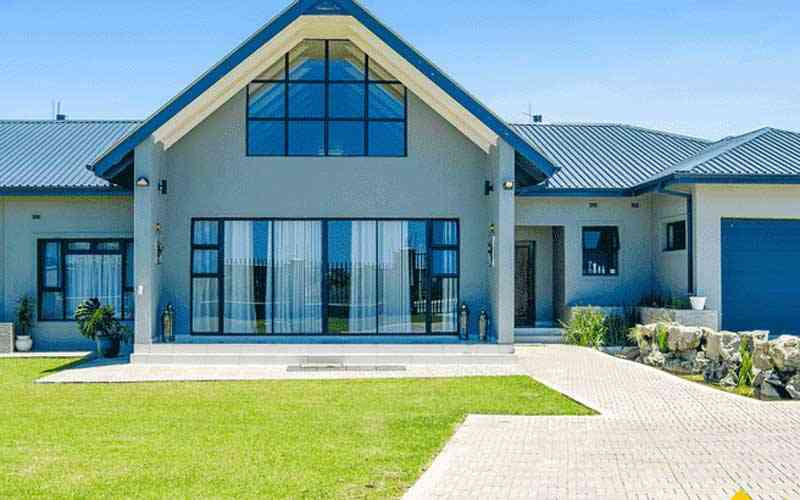
THE outlook for the Zimbabwean real estate market is still bleak on the back of macroeconomic factors which are negatively impacting on returns, raising concerns about a potential decline in demand for commercial rental space, investment firm Bard Santner has said.
This, according to the company, is a result of the economy continuing to experience considerable endogenous and exogenous inflationary pressures that have a major direct impact on the local currency.
“This will negatively affect consumer disposable incomes, business profitability and result in lower demand for commercial renting space. Consequently, returns from office, retail and industrial space markets will remain lower than regional peer markets like Zambia, Mozambique and South Africa,” the firm said.
This increased uncertainty raises the possibility of more rental income declines over the medium and long terms, Bard indicated.
The retail market has been severely impacted by the country's current economic difficulties, which have been made worse by COVID-19 lockdowns during the past two years, according to the firm's review of the real estate industry in Zimbabwe.
“There also seems to have been a noticeable shift to online shopping by consumers, undermining the business model employed by a large majority of landlords across the market. Again, a growing number of informal traders and vendors in cities and towns are driving traditional formal tenants out of business. In a bid to manage cost and fight competition, tenants are being forced to downsize or close, leading to excessive supply of space in the commercial lease market,” the firm noted.
Zimbabwe has the lowest yield in the Southern African Development Community, ranging between 5% and 7%.
The high cost of borrowing and lack of mortgage availability in Zimbabwe, Bard said, have forced many landlords to remain in possession of unsightly old warehouses on the opposite side of the section, which has caused commercial tenants to transfer to owner-occupied warehouses and spaces.
- Worthless Zim dollar notes clog banks
- Zim girls defy the odds to earn a living
- Worthless Zim dollar notes clog banks
- Zim girls defy the odds to earn a living
Keep Reading
“Arguably, this has also been an incentive to local property investors to promote Real Estate Investment Trusts to generate some liquidity from underperforming assets,” the firm said.
The company noted that as remote working habits become more and more common, the office space market segment continues to recuperate from effects the COVID-19-induced lockdowns.
The demand for office space in the capital city Harare's core business district has increased due to the ongoing migration to suburban areas like Newlands, Eastlea and Milton Park.
“Operators are converting their houses into offices to cut expenses and maintain profitability. At an average of 7%, the yield is marginally lower, translating to low cash flows relative to neighbouring countries that are yielding over 9% per annum. Meanwhile, many suburban shopping malls across the country have struggled to retain the traffic they typically attract in their first few months of launch,” Bard said.











